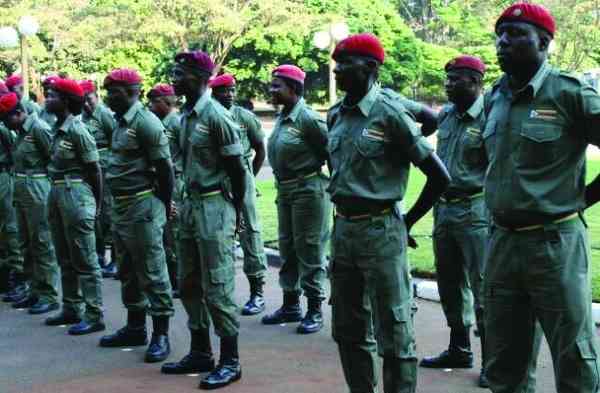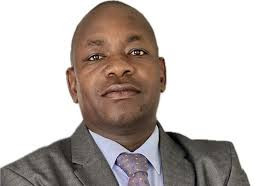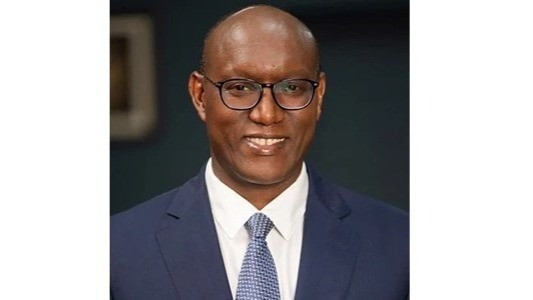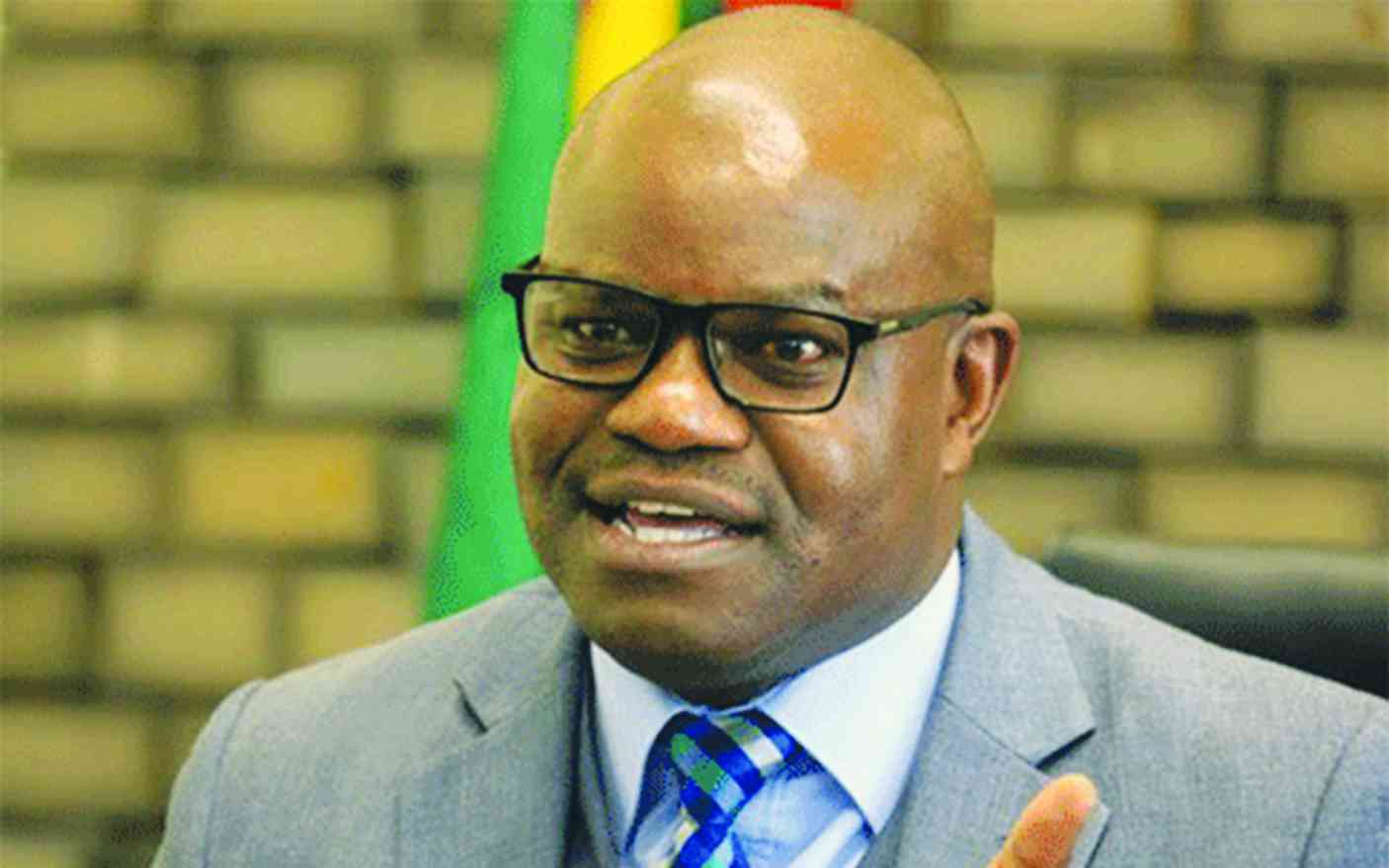
THE recent reintroduction of the National Youth Service (NYS) by the government is viewed by political analysts as a veiled attempt by President Emmerson Mnangagwa’s administration to incubate a group of young people, who are pliant to the guiding ethos of the ruling Zanu PF party using scarce national resources.
Broadly, this, according to the analysts, exposes Zanu PF’s Machiavellian tactics to shore up its “waning popularity by creating an indoctrinated” youth base that could be abused to bolster the ruling party’s grip on power.
Last week, Mnangagwa revived the NYS in Mashonaland East province during an event punctuated by Zanu PF slogans.
The “Green Bombers”, as graduates from the programme are commonly referred to as, have in the past been associated with violence against Zanu PF opponents.
And even if this is a national programme, they have always openly supported Zanu PF.
The late long-time ruler, Robert Mugabe, whose administration, under pressure from the country’s liberation war fighters, embarked on a land reform exercise in 2000. He introduced NYS in 2001.
The late former Zanu PF political commissar, Border Gezi, presided over the programme as minister of youths.
Human rights lobby groups were critical of the role of members of the NYS programme and accused them of being part of a system fuelling political violence that destabilised Zimbabwe between 2000 and 2008.
- Corruption Watch: Get scared, 2023 is coming
- Corruption Watch: Get scared, 2023 is coming
- Letters: Ensuring Africa’s food security through availability of quality seeds
- Is military's involvement in politics compatible with democracy?
Keep Reading
This period coincided with the emergence of a formidable opposition, which threatened Zanu PF’s grip on power.
In a paper titled: Political Violence in Zimbabwe’s National Youth Service, 2001–2007’, Ivo Mhike says: “…the Zimbabwe African National Union Patriotic Front party/state coerced youths into participating in agendas that enhanced the political party’s stranglehold on power.
“The study argues that some youth participation in Zimbabwean politics, though active, was sometimes involuntary largely because economic and social developments constrained them to cyclical poverty and predisposed them to manipulation by those in positions of power.
“Political leadership played a subversive role in manipulating youths to further its political objectives through violence”.
The paper further states that political indoctrination of the youth also dates back to the era when Zimbabwe’s liberation movements were recruiting young people to fight against the colonial regime.
“It must be highlighted at this point that political patronage, youth violence and state attempts at institutionalising or indoctrinating youths in Zimbabwe were not peculiar to the new millennium,” it further states.
“Youth violence was a fundamental instrument for nationalist movements in mobilising for the war effort during the liberation struggle against British colonialism in the 1960s and 1970.”
Over time, the fabric of the programme has not changed, with the Zanu PF led government also introducing other questionable national strategies, which critics say were attempts to establish a one-party state that tows the political party’s ideology.
In July, Mnangagwa signed into law the Patriot Bill, which has been condemned by the civic society “as a veiled attempt to curtail fundamental rights and freedoms of Zimbabweans, particularly freedom of expression, peaceful assembly and association”.
Mnangagwa’s administration has defended the legislation, saying it is meant to nurture a sense of patriotism at a time Zimbabwe is reeling from Western imposed sanctions.
Such initiatives also include the recently introduced heritage-based curriculum, which has been criticised for borrowing from Zanu PF ethos.
In a circular dated April 22 addressed to all education departments, the permanent secretary in the Ministry of Primary and Secondary Education, Moses Mhike said the new curriculum was meant to produce patriotic students.
However, teachers’ unions have excoriated authorities for attempting to politicise Zimbabwe’s education system.
Similarly, political analysts contend that the NYS will be a breeding ground of Zanu PF-oriented youths in an economic environment characterised by widespread unemployment and poverty.
One such analyst, Ruben Mbofana, argues that the NYS programme would not foster patriotism, but create youths who are beholden to Zanu PF.
“The purpose of the National Youth programme is not so much about inculcating patriotism. Let us remember that the definition of patriotism as far as Zanu PF is concerned is very different from the rest of the world. It is different from what we find in a dictionary,” he observes.
“As far as Zanu PF is concerned, patriotism is brainwashing the people of Zimbabwe, especially our youth into supporting the party. It is not about loving the country.
“It is not about defending the country. It is about defending Zanu PF and its leadership. They want to confuse our youths that the love for one’s country is to love Zanu PF,” Mbofana argues.
Stephen Chan, a professor of World Politics at the University of London, questions the rationale behind establishing the NYS.
“If the new 'Green Bombers' are deployed as they were last time, they will be a coercive and often intimidating force. If this is a serious national youth service, the model (should be like) what occurred in Zambia - truly constructive and developmentally focused,” he says.
The NYS training programme runs for six months and participants have been promised jobs within the civil service.










